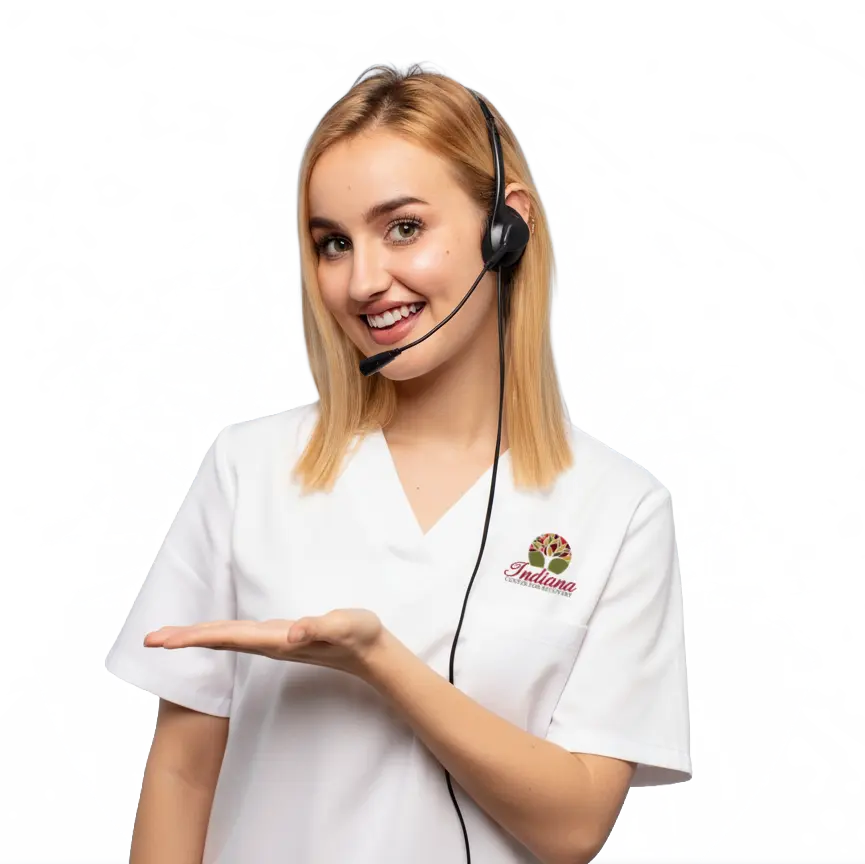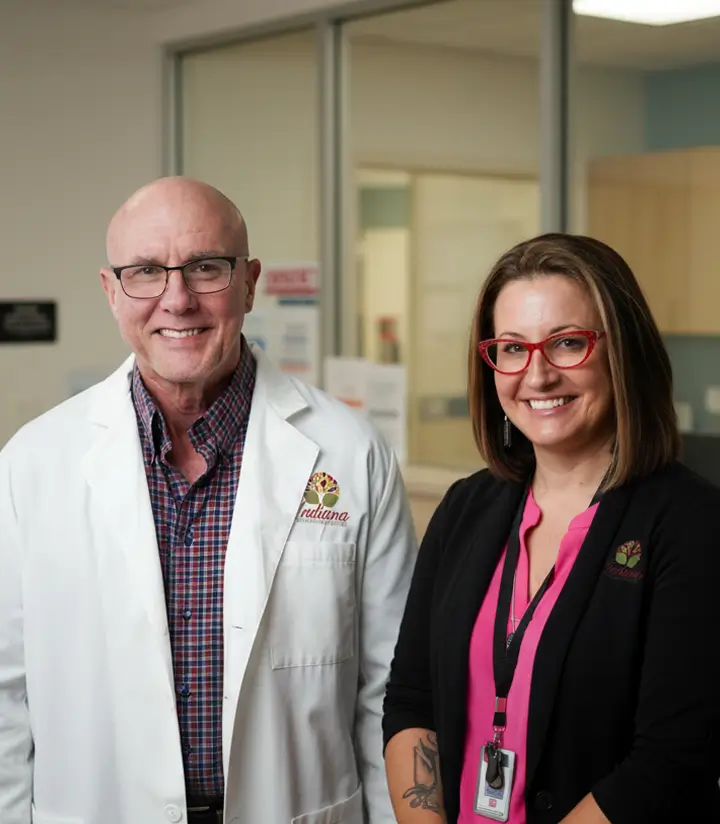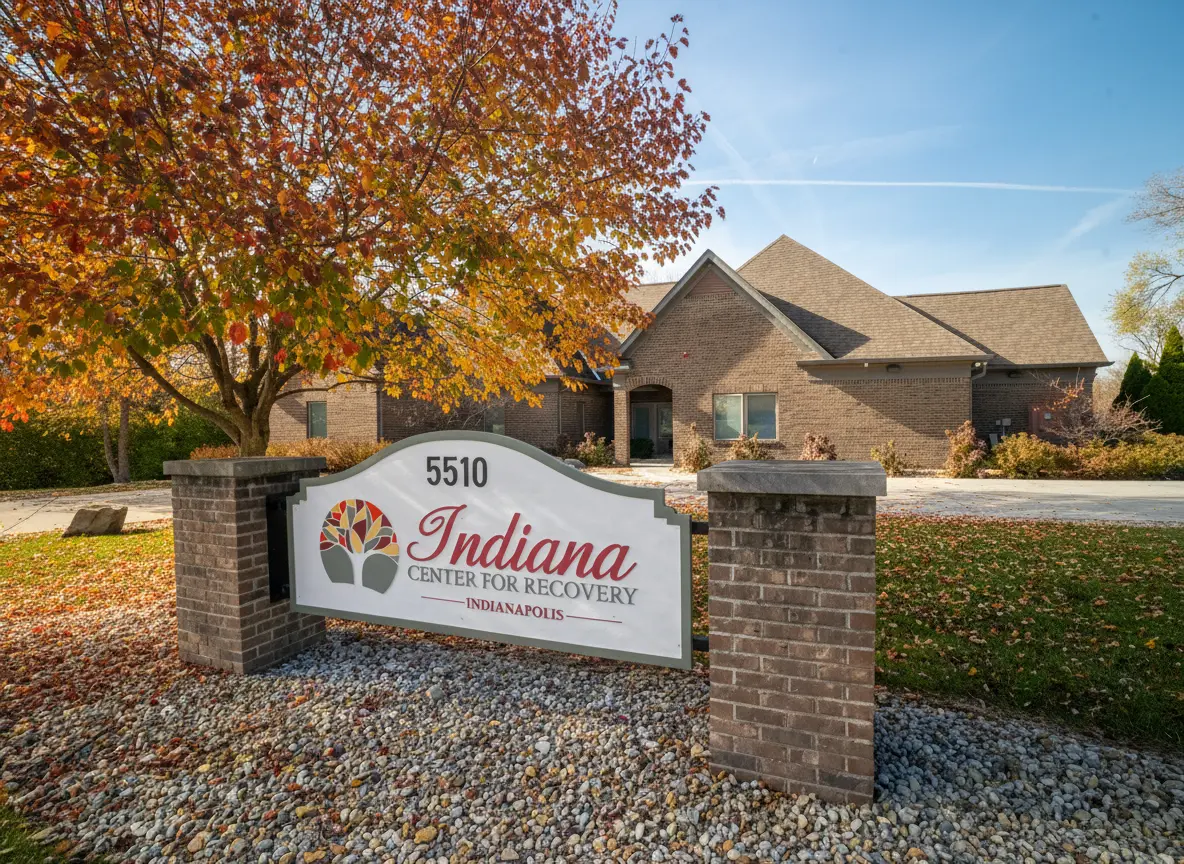
How Recreation Therapy Groups Support Mental Health
In recent years, recreation therapy groups have emerged as a valuable approach to supporting mental health. These groups harness the power of recreational activities to promote well-being and recovery among individuals facing various mental health challenges.
By integrating structured activities such as sports, art, and outdoor adventures, these therapy groups offer not just enjoyment but also opportunities for social interaction, skill-building, and emotional support. Let’s delve into the details of recreation therapy.
Key Takeaways
Recreation therapy groups utilize structured activities to enhance mental health and well-being through enjoyable experiences. This article covers:
- Recreation therapy offers several activities, such as physical exercises, catering to various wellness needs.
- A recreation therapy group involves managing group dynamics, setting goals, and planning sessions to support mental health.
- Participation in recreation therapy groups promotes physical health, psychological well-being, and social connections.
Contact Indiana Center for Recovery at (844) 650-0064 to explore how our specialized services can help you overcome mental health challenges.
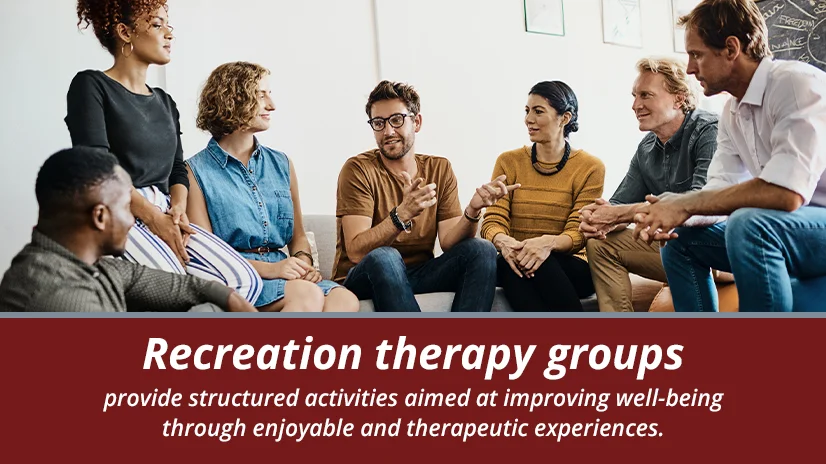
Introduction To Recreation Therapy Groups
Recreation therapy groups provide therapeutic activities that promote physical and mental well-being. These groups aim to improve quality of life through structured programs tailored to individual needs. Participants engage in diverse activities like arts and crafts, sports, and music therapy, enhancing social skills and fostering a sense of community.
These sessions are led by trained therapists who customize activities to support recovery. Through participation, individuals gain confidence, develop coping strategies, and build relationships in a supportive, safe environment. Recreation therapy groups cater to a wide range of ages and abilities, ensuring inclusivity and enjoyment for all participants.
Types Of Recreation Therapy Groups
Recreation therapy groups offer a holistic approach to mental health care services, combining fun activities to enhance overall well-being. These groups offer diverse options:
Physical Activities
Participating in physical activities such as yoga, tai chi, swimming, or team sports not only enhances physical health but also improves mood and reduces stress. These activities promote relaxation, improve coordination, and boost self-esteem by focusing on movement and physical wellness.
Creative Arts And Crafts
Creative arts and crafts therapy encourages self-expression and emotional healing through activities like painting, pottery, and crafting. Engaging in these creative pursuits can foster a sense of accomplishment, relieve tension, and provide a positive outlet for emotions.
Music And Dance Therapy
Music and dance therapy groups use rhythm and movement to improve emotional expression and communication skills. These sessions often include activities like group singing, dancing, and playing musical instruments, which can enhance mood and promote social interaction.
Social Skills Development Groups
Social skills development groups focus on improving interpersonal skills and building healthy relationships. Participants engage in structured activities that promote communication, teamwork, and conflict resolution, enhancing their ability to interact positively with others.
Leisure Education Groups
Leisure education groups aim to teach participants about the benefits of leisure activities and how to incorporate them into daily life for improved well-being. These groups explore hobbies, interests, and recreational opportunities that support mental health and overall happiness.
Structure Of A Recreation Therapy Group
Recreation therapy groups are organized to provide structured support and activities that promote mental health and well-being. Let’s explore the framework of these groups:
Group Dynamics And Roles
In recreation therapy groups, group dynamics refer to how members interact and communicate with each other. Facilitators play a crucial part in guiding these interactions and ensuring a supportive environment. Each member may have different roles, such as leader, participant, or supporter, which contribute to the group’s overall dynamics and success.
Setting Goals And Objectives
Setting clear goals and objectives is a vital step in recreation therapy groups. These goals are personalized to each participant’s needs and may include improving life skills, reducing stress, increasing physical activity, or enhancing creative expression. By establishing objectives, participants and therapists can track progress and adjust activities accordingly.
Session Planning
Session planning involves creating a structured agenda for each group meeting. Recreation therapists design activities that align with the group’s goals and objectives, ensuring that sessions are engaging and therapeutic. Planning may include selecting appropriate activities, allocating time for each activity, and considering factors like accessibility and participant preferences.
Benefits Of Recreation Therapy Groups
Recreation therapy groups offer a range of benefits that positively impact physical, psychological, and social well-being. Let’s explore these advantages:
Physical Benefits
Participation in recreation therapy groups promotes physical health through activities like sports, yoga, and outdoor adventures. These activities improve fitness levels, flexibility, and coordination. Engaging in regular physical activity can also lessen the risk of chronic illnesses such as heart disease and diabetes, contributing to a healthier lifestyle overall.
Psychological Benefits
Recreation therapy groups provide significant psychological benefits by reducing stress and anxiety levels. Activities like creative arts therapy, music therapy, and mindfulness meditation exercises promote relaxation and emotional expression. These sessions can improve mood, boost self-esteem, and provide a sense of accomplishment, helping individuals cope better with mental health issues.
Social Benefits
Social interaction is a key component of recreation therapy groups, fostering connections and building supportive relationships. Group activities encourage teamwork, communication skills, and empathy among participants. Engaging with other people who share similar experiences can reduce feelings of isolation and loneliness, creating a sense of belonging and community.
Frequently Asked Questions (FAQ)
What is the role of recreation therapy in mental health treatment?
Recreational therapy programs play an essential part in mental health treatment by using activities like sports, art, and games to improve well-being. These activities help reduce stress, build confidence, and foster social connections among individuals dealing with mental health struggles.
By engaging in structured and enjoyable activities, patients can enhance their physical and emotional health, learn coping skills, and regain a sense of purpose and enjoyment in life. Recreational therapists tailor activities to each person’s needs, promoting relaxation and positive experiences.
What is the difference between physical therapy and recreation therapy?
Physical therapy focuses on improving physical function and mobility through exercises and treatments like stretching and strength training. It helps people recover from injuries, surgeries, or physical disabilities by targeting specific physical goals under medical supervision.
On the other hand, recreation therapy uses activities like sports, arts, and games to enhance mental and emotional well-being. It aims to enhance overall quality of life by promoting relaxation, social interaction, and emotional expression, often as part of mental health treatment plans.
Restore Your Life At Indiana Center for Recovery
Facing mental health conditions can be daunting, but you don’t have to go through it alone. Indiana Center for Recovery is here to offer compassionate inpatient psychiatric services tailored to your special needs.
We offer a range of evidence-based therapies, expert medication management, TMS therapy, and family programs to help you regain stability and well-being. For those dealing with both mental illnesses and substance use disorders (SUDs), our dual diagnosis program provides integrated care to address both aspects comprehensively.
Call us at (844) 650-0064 to discover how we can assist you on your journey to healing. Our team of mental health professionals is here to provide the support and resources you need to achieve lasting wellness.

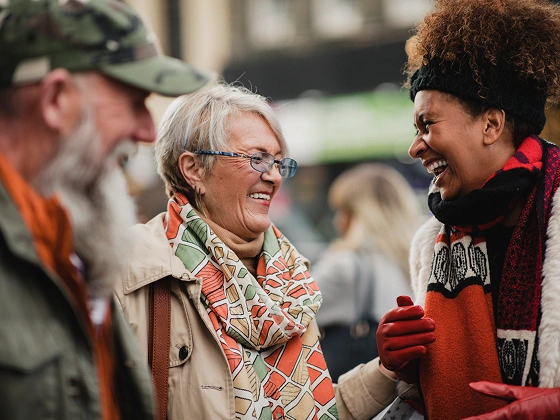
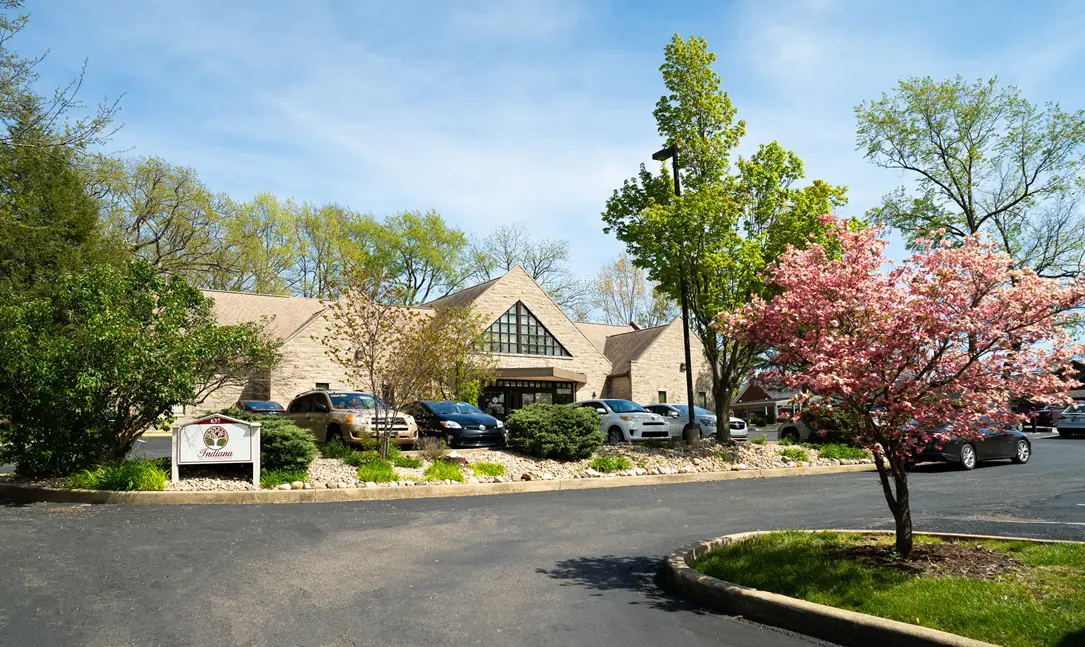
 100% Confidential
100% Confidential